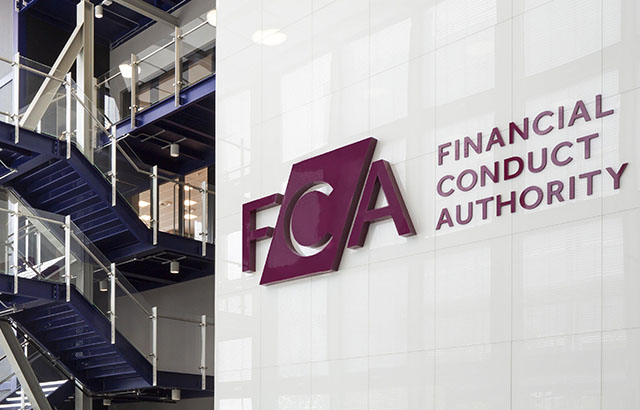The Financial Conduct Authority (FCA) announced it has carried out 30 investigations into firms and individuals regarding defined benefit (DB) transfer advice related to British Steel Pension Scheme (BSPS).
It added that the investigations are now complete, and the UK regulator is working to reach final decisions on “what sanctions are appropriate where we have found misconduct”, the FCA said.
The FCA also found that around 8,000 people transferred out of the BSPS, and 46% did so after receiving unsuitable advice.
Redress for unsuitable BSPS advice
The UK watchdog said: “Alongside our enforcement cases, we have been making sure former BSPS members are able to get redress for unsuitable advice.
“Our aim is to put them back in the position they would have been in, had they not received the poor advice. That’s why, in November 2022, we announced a redress scheme for consumers who had transferred out of the BSPS.”
Before the scheme, firms had already paid £35m ($45m, €41m) in redress to customers following the FCA’s action. The Financial Services Compensation Scheme (FSCS) has also paid out over £69m.
The FCA expects consumers to receive a further £49m through the redress scheme.
It added: “Where possible, we will not impose fines so that redress is paid to the FSCS. This helps ensure those responsible pay towards the redress owed.”
FCA approach to enforcement
The regulator also said that it has taken, and is taking, enforcement action where there is evidence of serious misconduct.
It has seen two main types of misconduct in BSPS cases:
- In most cases, firms or individuals have breached the principle that they must conduct their business with “due skill, care and diligence”. This means that advisers have shown a significant lack of competence in their advice; and
- In more serious cases, firms or advisers have breached the principle that they must conduct their business “with integrity”.
This means that they have been reckless or dishonest in how they have dealt with consumers and/or the FCA.
Actions the FCA can take include:
- public censure;
- financial penalties;
- banning unsuitable advisers; and
- supporting wider redress efforts.








